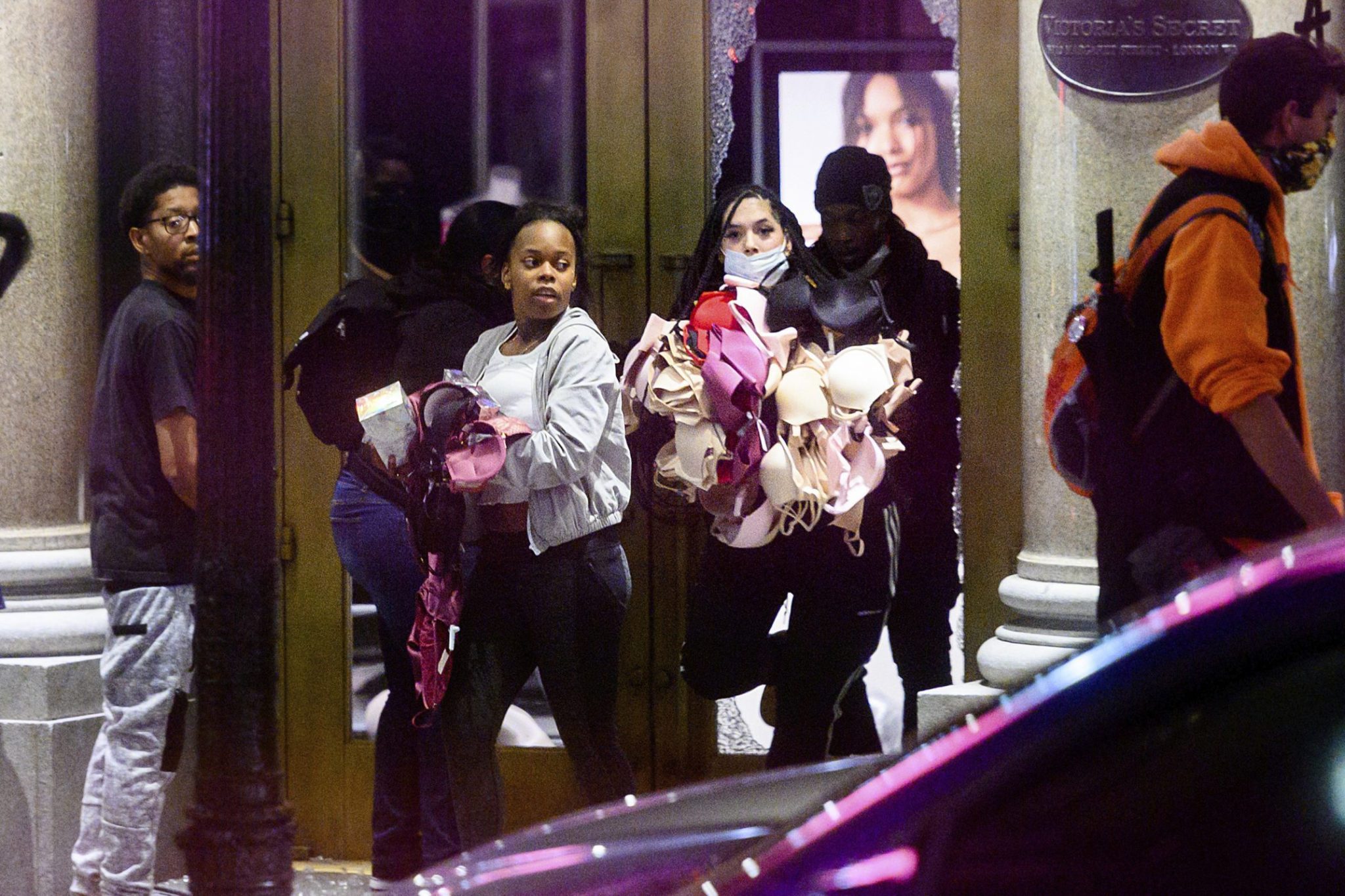The phrase “smash and grab” has never been used more frequently than it has in 2021.
Big cities, especially cities with very forgiving mayors or district attorney’s like Los Angeles, New York, Chicago, San Francisco, and Philadelphia, made it almost impossible for businesses to protect themselves from lawless, organized mobs, who showed no fear waltzing into a Walgreens, Best Buy, grocery store, pharmacy, Nordstrom, mall or even Rodeo Drive, smashing display cases with hammers and crowbars, and loading up bags of merchandise they would keep or sell on the black market.
Many cities can’t or won’t do anything about these robberies because of loose laws regarding looting and shoplifting, so maybe the IRS can and will get involved.
The feds are making it known that the crooks that steal the goods might not be doing any time in prison, but they still have to pay taxes on the stolen goods.
There is a section in the income tax department of the IRS that makes it perfectly clear that technically, taxes are owed on jewelry, clothes, shoes, handbags, cars, clothing, food, or whatever else crooks steal.
“If you steal property, you must report its fair market value in your income in the year you steal it unless you return it to its rightful owner in the same year.”
Bribes and kickbacks are other revenue streams the IRS made it clear they are going after too.
Tweeters had fun with this info all week, with one guy asking on Twitter:
“if i steal a bunch of tvs from walmart and a homeless man steals them from me can i write that off as a loss?”
Would it surprise you if someone actually tried to do that?


















Add comment